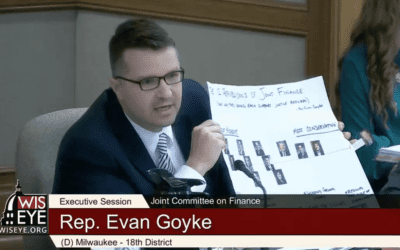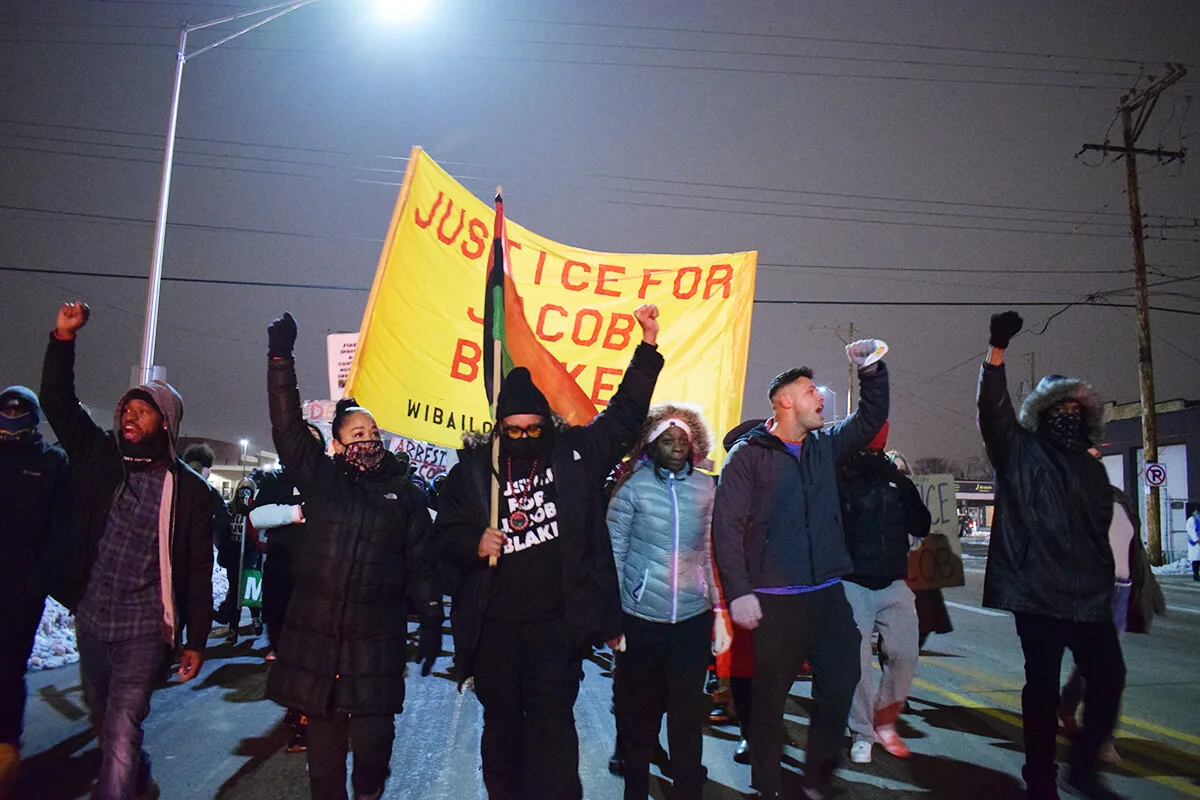
#image_title
Despite immense pressure for change, political leaders have done little. Activists have stepped up.
One year ago today, in the throes of a protest-filled summer after the murder of George Floyd, the movement against police brutality struck home in Wisconsin when a white Kenosha Police officer shot Jacob Blake, a Black man, seven times at point-blank range.
For a brief time, it felt as though Kenosha and Wisconsin at large could see some substantial reforms, as national and international media descended upon the southeastern Wisconsin city of about 100,000 in the wake of the shooting that left Blake paralyzed.
Gov. Tony Evers renewed his calls for police reform that had previously gone ignored by the Republican-led Legislature; Assembly Speaker Robin Vos (R-Rochester) formed the state’s Task Force on Racial Disparities; and local politicians across the state tried to tackle the daunting task of police reform.
All were promising signs for those of us who are tired of seeing Wisconsin consistently ranked as one of the worst states for Black people to live in by almost any metric.
The Blake shooting and preceding protests over the Floyd murder in Minneapolis put a microscope on inequality in Kenosha and Wisconsin, with some finally recognizing the dire state of affairs for Wisconsin’s communities of color.
For Kenosha, it meant the illumination of the effects of deindustrialization and decades of divestment on the Black community. Statewide, the summer offered a chance for Wisconsinites to reflect on how policies implemented by leaders past and present have harmed or failed to serve communities of color on virtually every level, from education to health care to criminal justice.
So it’s a shame that a year later, things don’t look very different locally, statewide, or nationally.
In Kenosha, Democratic Mayor John Antaramian promised to lead the way on improving equity for Black people in the city by holding listening sessions with residents and working with the community to form recommendations. Despite the shooting happening a year ago, Antaramian told the Kenosha News this weekend that those recommendations are still most likely a few months away.
RELATED: Blake Shooting Amplifies What Kenosha’s Black Residents Have Long Known: Inequality Is Alive and Well
Meanwhile, a robust activist community has popped up in Kenosha and is continuing to put pressure on local leaders to do better.
“There are people working to improve Kenosha, but they aren’t in office. Yet,” Terrance Warthen, who serves on two Kenosha County committees and the Kenosha Unity Commission, told UpNorthNews via text Monday morning.
Republican lawmakers ignored Evers’ calls for immediate reform and instead forged ahead with their Task Force on Racial Disparities, which UpNorthNews discovered in February was essentially designed by Assembly Majority Leader Jim Steineke (R-Kaukauna), the task force co-chair, to provide the most incremental of reforms while giving the illusion of progress. The task force successfully passed a handful of bills that ultimately didn’t change much, and Republican legislators have refused to take action on a more substantial package introduced by progressive Democratic lawmakers.
And there seems to be little hope of GOP lawmakers changing their mind on police reform any time soon. Twenty Republicans have introduced a bill—up for discussion in Madison this week—that would make it easier for law enforcement to declare a protest a riot. The bill, a transparent attempt to discourage protesting, would make it so that if even a single person at a protest commits a single act of violence, the entire gathering could be declared a riot and anyone who continues to participate in the protest could be criminally charged.
At the congressional level, the George Floyd Justice in Policing Act, a sweeping police reform bill that would have banned chokeholds and qualified immunity, passed the House in March but is all but dead in the Senate, where Republican lawmakers can easily obstruct its passage with the filibuster.
While President Joe Biden was initially a vocal supporter of police reform and the George Floyd bill, he has since de-emphasized the issue in favor of ushering into law his sweeping bipartisan infrastructure plan and fighting Republicans’ voting-restriction efforts. While he may not have the political cache to focus equally on all issues simultaneously, the least he could do is use the bully pulpit more often.
Truthfully, these efforts can seem hopeless at times, and it’s unacceptable that some leaders are content to offer little more than lip service or, in other cases, ignore the issue entirely. But one thing does seem clear: It might not be today or tomorrow, or even next year, but change is coming as long as the people continue to demand it.
As Kenosha activist Porche Bennett-Bey said earlier this year during a march in support of Blake: “The way to change those laws is to change the seats.”
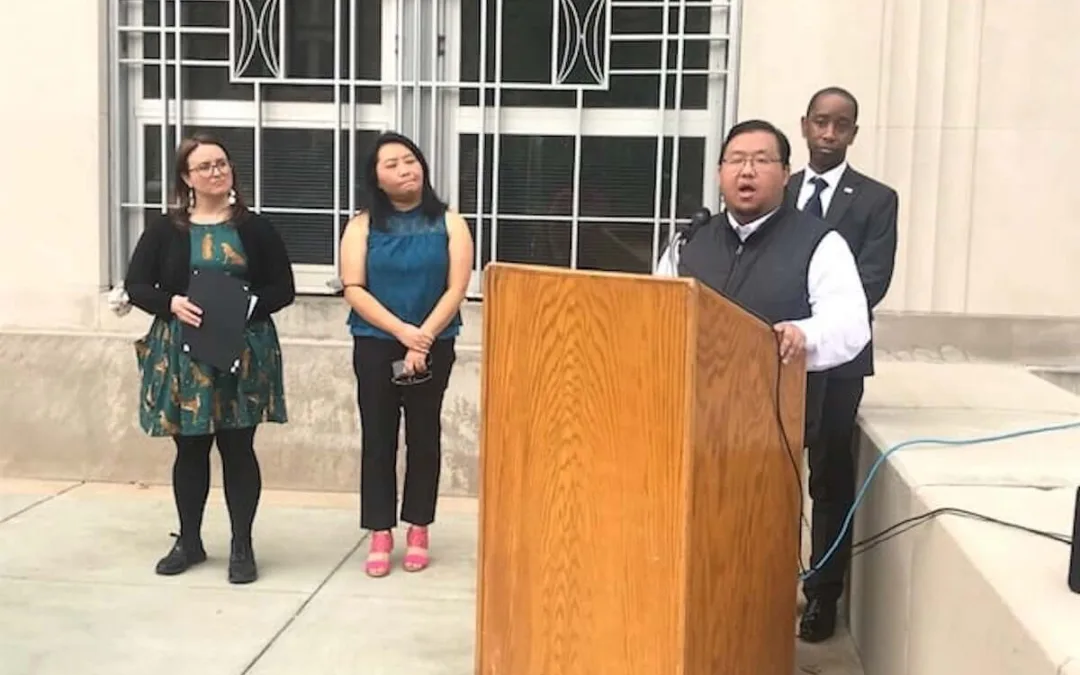
With Afghan Refugees, Wausau Gets Chance to Show Welcoming Side After ‘Community for All’ Controversy
Wausau will take in as many as 85 Afghan refugees who fled the Taliban takeover of their home country. Wednesday’s announcement that as many as 85...
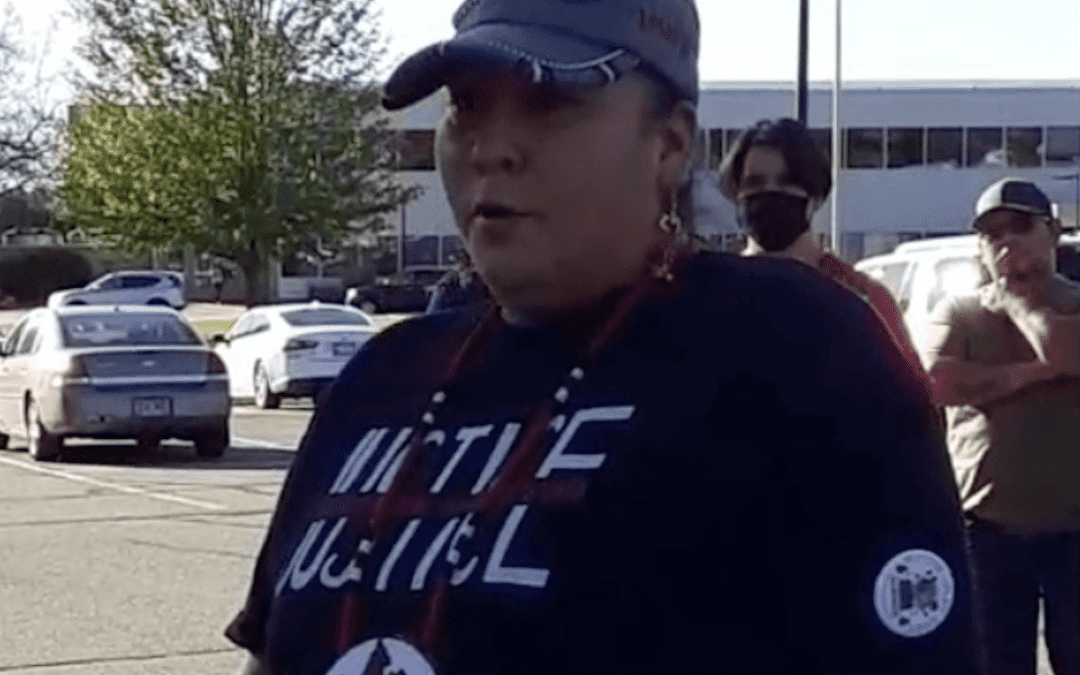
Native American Leaders Seeking Improvements to Curriculum After Teacher Wears Racist Outfit
Insensitive depictions of Native Americans are demeaning and further negative views that help lead to violence against indigenous people, advocates...
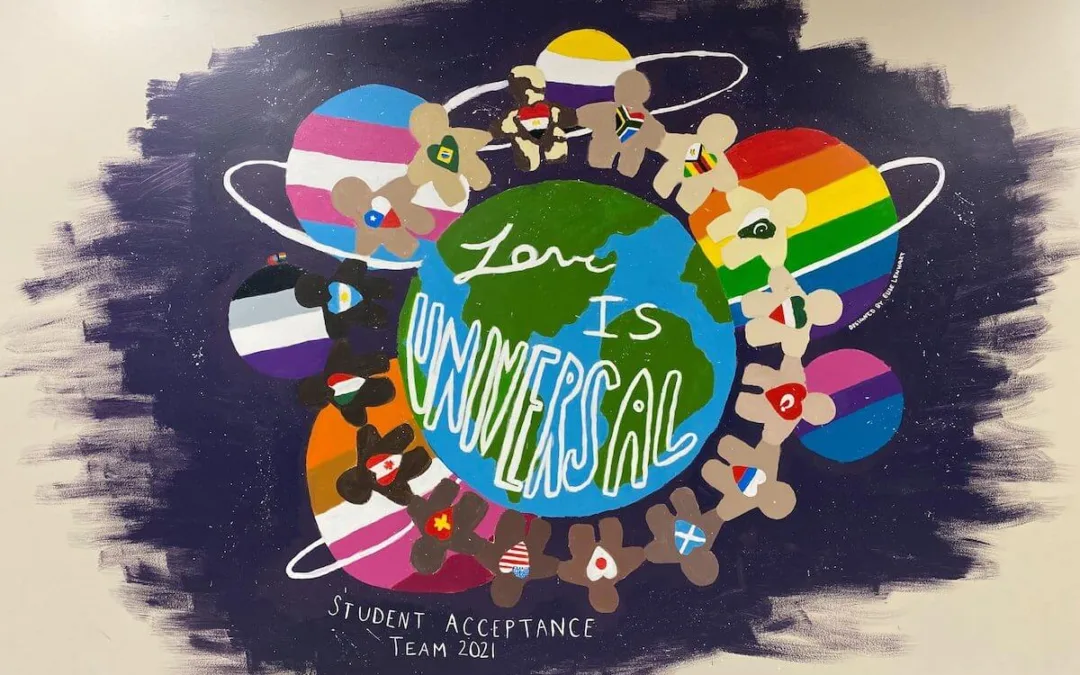
Commentary: Cedarburg’s School Mural Fiasco Shows Why We Need to Get Out of Our Bubbles
The district said the mural didn't represent "all members of our school community." But who was really left out? Earlier this month, the Cedarburg...

‘More Work Left’: First Police Reform Bills Pass, but Some Push for More
Evers says he’ll sign the bills, but he, legislative Democrats, and organizers say the state needs deeper reforms. Wisconsin will soon have a...


